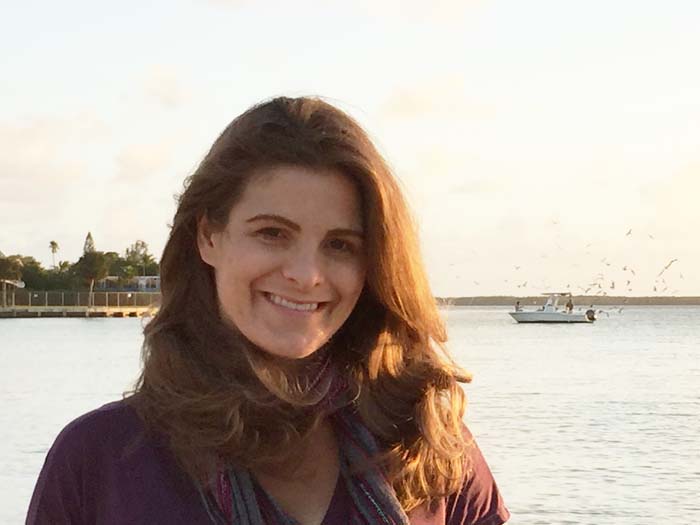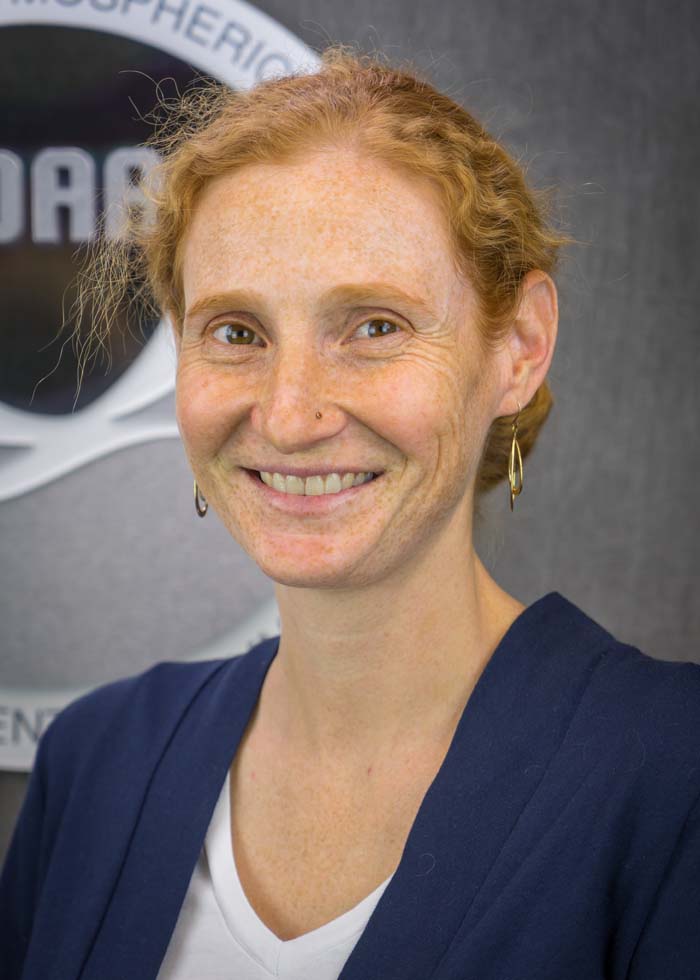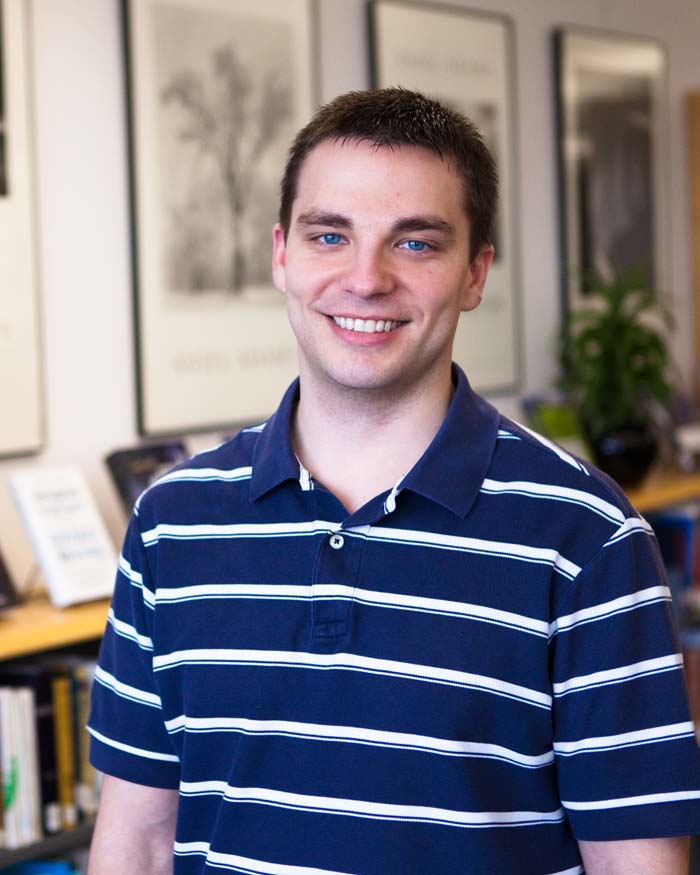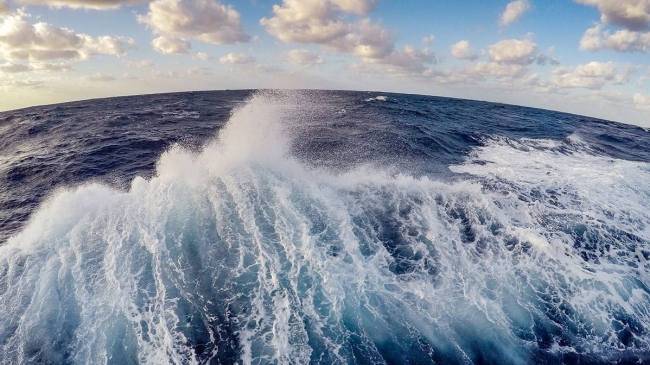Fisheries biologist and two atmospheric scientists to receive awards
President Obama has named three NOAA-supported scientists as recipients of the prestigious Presidential Early Career Award for Scientists and Engineers for 2014. The award is the highest honor bestowed by the U.S. government on federally funded early career science and engineering professionals.

Healthy coral reefs are one of Earth’s most valuable ecosystems, and support thousands of marine life species. Here, black sea bass swim through the reef in Gray’s Reef National Marine Sanctuary. (Image credit: NOAA)







